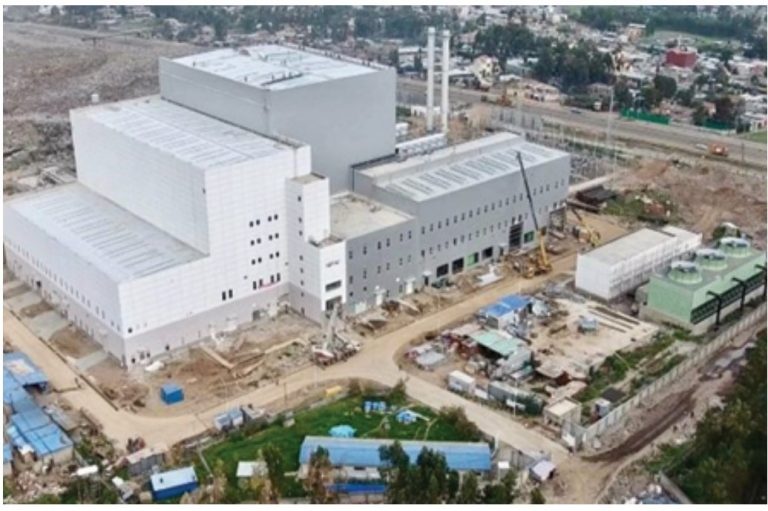
As cities from Africa converge in Lagos for a 3-day annual Regional Academy, the State Ministry of the Environment and Water Resources in conjunction with C40 Cities, through the UK Government-funded Urban Climate Action Programme (UCAP), will soon be commissioning a new USD90,000 worth biogas plant at the Ikosi Fruit Market in Ketu, Lagos.
According to a statement released on Thursday, the project which comes on stream after months of planning, studies and community and government engagements will convert organic food waste generated by the market to power a coldroom and improved lighting.
The Ikosi Biogas Project aims to implement an organic waste management system designed to reduce the volume of food and other organic waste ending up in landfills.
The project involves constructing a biodigester at Ikosi Market, diverting organic waste to convert it into biogas, producing energy from waste while mitigating environmental emissions, and improving the livelihoods of market traders.
Speaking on the heartwarming development, the State Commissioner for Environment and Water Resources, Barrister Tokunbo Wahab, said: “Our entry point is reducing methane emissions but an important co-benefit of the project is that it improves the lives of market traders, as we are also providing a cold storage facility which will see their produce stay fresher for longer”.
On his part, Mr. Aditi Maheshwari, Managing Director for Climate Action Implementation at C40, whilst speaking said: “What we would like to see is that due to this project, the city is able to build a case for leveraging its own finances as well as external investments for scale up and greater city-wide impacts”.
If scaled to other 35 food markets in the city, each of which is estimated to have the capacity of reducing 3732.8 tonnes CO2-eq/year, this will lead to 130,648 CO2-eq tonnes/year reduction (equivalent to 3% of the total waste emissions in Lagos).
The system will be geared to divert 0.5 tonnes/day of market waste, while putting steps in place to implement separation at source for the full 30 tonnes/day of waste the market generates, which will then be diverted to other solutions such as composting and black soldier fly protein farms for organic waste and recycling solutions for the recyclable components.
Power generated by the system will also provide lighting in key areas of the market and refrigeration to support traders to reduce spoilage of their produce.
According to C40 studies, Lagos State generates and disposes of approximately 5,600 tonnes per day (TPD) of organic waste. The Ikosi Fruit Market, one of Lagos’s largest produce markets, contributes an average of 30 TPD of solid waste, 90% of which is organic. The market serves over 1,000 traders, 80% of whom are women.
Upon its completion by mid-2025, the plant will be referred to as a pre-scale-up project since Lagos State intends to roll out similar interventions across its 35 markets, if Ikosi proves a success
Representatives from Accra, Lagos, Addis Ababa, Nairobi, Dar es Salaam, Johannesburg and Tshwane came together from Tuesday to discuss the critical pillars for enabling inclusive implementation including: Developing strong climate governance; Unpacking and communicating the wider benefits of climate action to win the hearts and minds of decision-makers and society; Enabling the flow of climate finance in cities, by providing support on project pitching.
